8 surprising things that could be damaging your gut microbiome
By Jessah Robinson, Adv Dip (Nut Med)
The human gut consists of up to 100 trillion types of good and bad bacteria, which make up the gut microbiome. When our gut consists of more harmful bacteria than beneficial bacteria, this is referred to as dysbiosis. Dysbiosis has been linked to insulin resistance, weight gain, inflammation, obesity, inflammatory bowel disease, allergies and more. Thus, it’s essential to ensure our gut bacteria is as friendly and plentiful as possible. There are many diet, lifestyle and environmental factors that can negatively affect our gut bacteria, which I will discuss below:
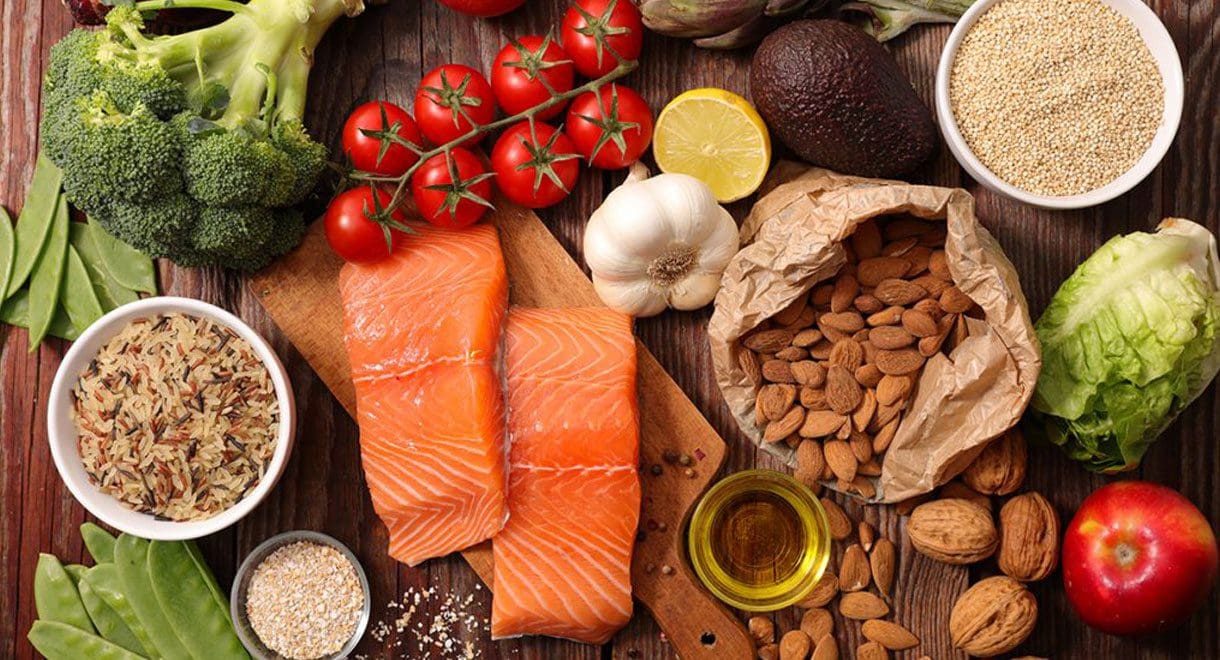
1. Lacking diversity in your diet
Generally speaking, having a rich and diverse gut microbiome is optimal for good health. Lacking diversity within your gut bacteria can mean slower recovery from harmful influences such as infection and antibiotics. To achieve a diverse gut flora your diet should consist of a wide range of whole foods such as fruits, vegetables, good proteins, fats, and whole grains. The good news is, within just a few days of changing your diet you can alter your gut microbiome.
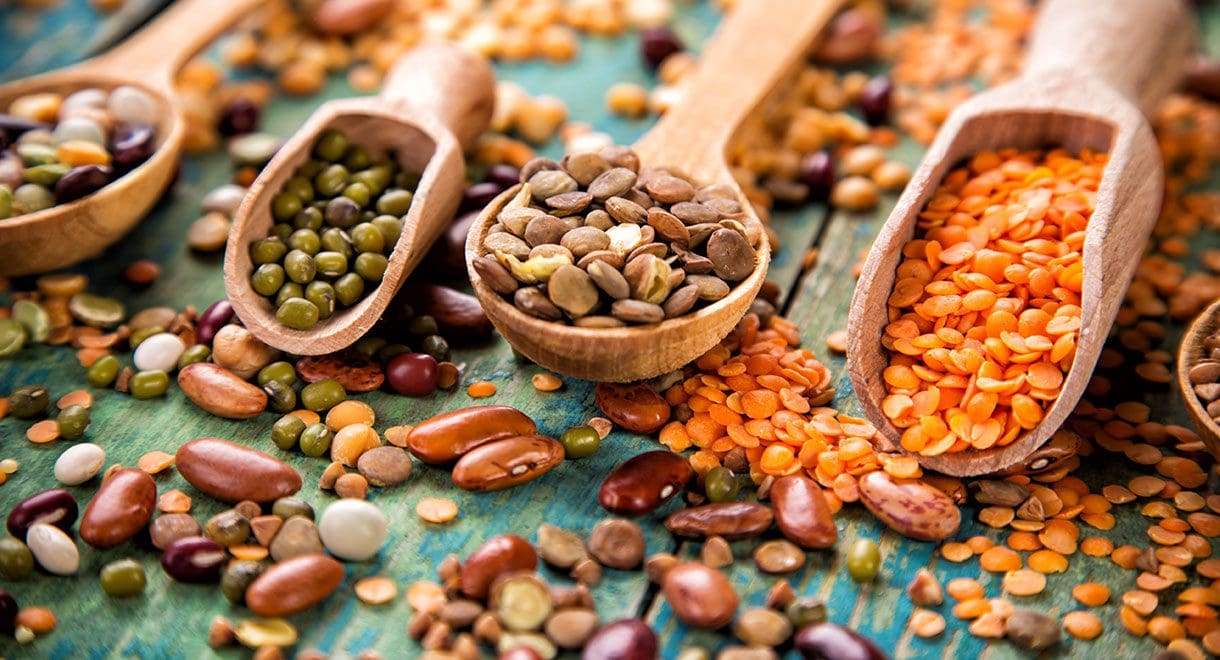
2. Not consuming enough prebiotics
Prebiotics are a type of fibre that pass through the body undigested, essentially acting as food for our beneficial bacteria, allowing it to thrive. Prebiotic-rich foods include legumes, oats, bananas, Jerusalem artichokes, asparagus, garlic, leeks and onions. A study of 30 obese women showed that taking a daily prebiotic supplement for three months promoted the growth of the healthy bacteria Bifidobacterium and Faecalibacterium.

3. Excessive alcohol intake
It should come as no surprise that alcohol consumed in excess can cause a number of harmful effects both physically and mentally. But perhaps you were not aware of the impact it can have on your gut health, as chronic alcohol consumption can cause dysbiosis. In saying that, not all alcohol is created equal and one study proved just that. For 20 days, each person drank 272 ml of red wine, the same amount of de-alcoholised red wine or 100 ml of gin each day. Gin reduced the amount of beneficial gut bacteria, whilst red wine actually increased the number of beneficial bacteria and reduced the number of harmful bacteria. The positive effect of moderate red wine consumption is likely due to its polyphenol content.
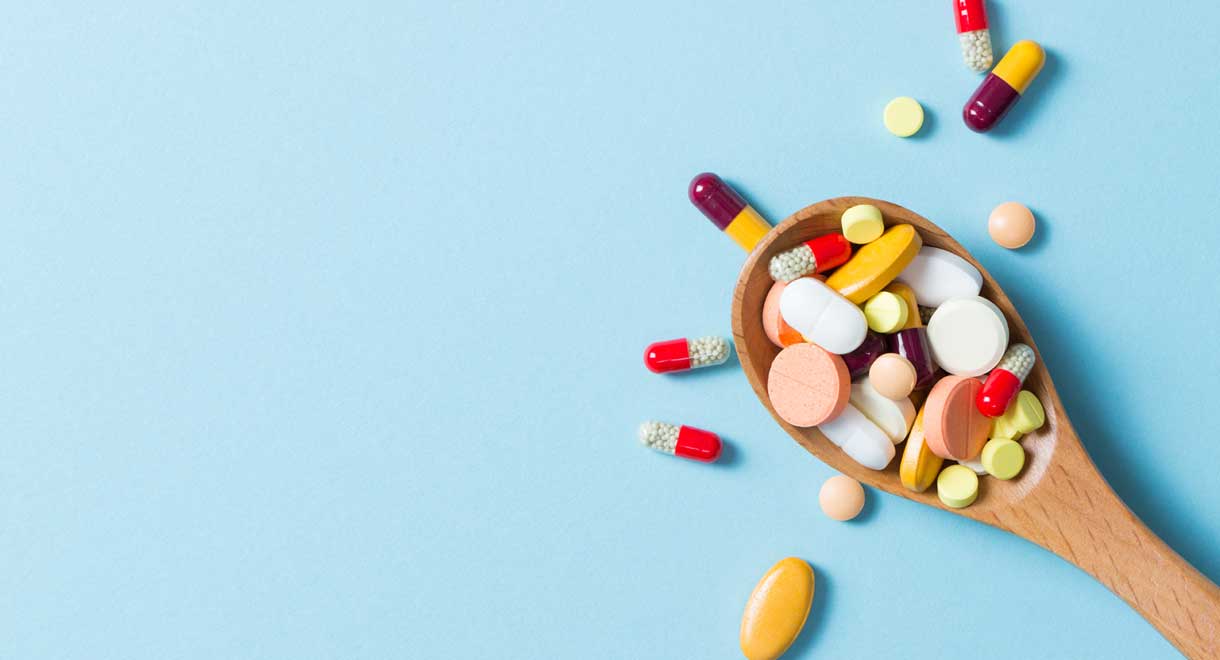
4. Taking antibiotics
It can be recognised that antibiotics are important medicines used to treat infections and disease. However, they can also come at a disadvantage as not only do they kill the bad bacteria, but they also eradicate the good bacteria. One study found that a single dose of antibiotics reduced the diversity of Bacteroides, one of the most dominant bacterial groups, and increased the number of resistant strains. These effects lasted for up to 2 years. This is why pharmacists will often recommend taking probiotics after being on a course of antibiotics.

5. Sedentary lifestyle
It is essential to incorporate physical activity into your day, whether it be walking, gardening, swimming, cycling or any other type of activity that gets your body moving and your heart rate up. There are many health benefits of exercising such as lowering blood pressure, aiding weight loss, reducing stress, and reducing the risk of chronic disease. However, recent studies have indicated that physical activity can also alter our gut bacteria, improving gut health. One study found that professional rugby players had a more diverse gut flora and twice the number of bacterial families, compared to control groups matched for body size, age and gender. Just in case you needed another reason to exercise.

6. Smoking cigarettes
There is no pro for smoking, smoking is harmful to nearly every organ in the body and increases your risk of heart disease, stroke and lung cancer. By not smoking or quitting smoking, you can drastically improve the health of your gut microbiome.

7. Not getting enough zzz’s
Never underestimate the importance of getting adequate sleep. Lack of sleep is linked to fatigue, poor immunity, obesity, depression, moodiness and more. But it is now becoming apparent that lack of sleep can also impact gut flora. A 2016 study looked at the short-term effects of sleep deprivation on gut flora. They compared the effects of two nights of sleep deprivation (about 4 hours per night) versus two nights of normal sleep length (8.5 hours) in nine men. Just two days of sleep deprivation caused subtle changes to the gut flora and increased the number of bacteria associated with weight gain, obesity, type 2 diabetes and fat metabolism. Magnesium is a powerful mineral that helps to promote healthy sleep.

8. Too much stress
That’s right, it is so critical to find ways to relax. Stress can exacerbate almost any illness, disease or condition, and when it comes to gut health it can also alter our gut bacteria. A study looked at the effects of stress on the composition of gut bacteria in 23 college students, by analysing their gut bacteria at the beginning of semester and comparing it at the end of semester during final exams. The high stress associated with final exams caused a decline in beneficial bacteria. Great ways to relax include listening to music, reading a good book, yoga, meditation and getting outside in nature.
Dr Cabot has recently released Ultimate Gut Health powder, designed to soothe and heal the entire length of the digestive tract. Combines high dose glutamine, nourishing fibres and a live probiotic into one, gut-strengthening formula. This powerful detox powder boosts gut immunity, balances gut bacteria, boosts metabolism, enhances detoxification and reduces digestive symptoms.
References:
https://www.ncbi.nlm.nih.gov/pubmed/22972295
https://www.ncbi.nlm.nih.gov/pubmed/23135760
https://www.ncbi.nlm.nih.gov/pubmed/22552027
https://www.ncbi.nlm.nih.gov/pubmed/18043614
https://www.ncbi.nlm.nih.gov/pubmed/25021423
https://www.ncbi.nlm.nih.gov/pmc/articles/PMC5123208/


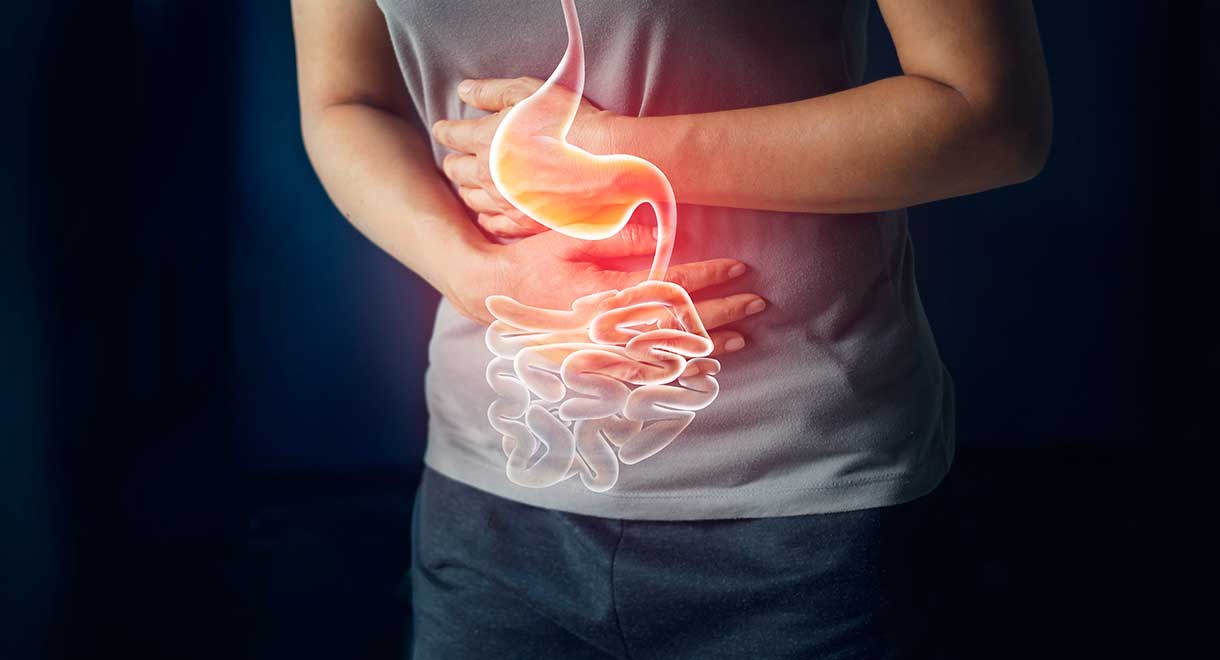



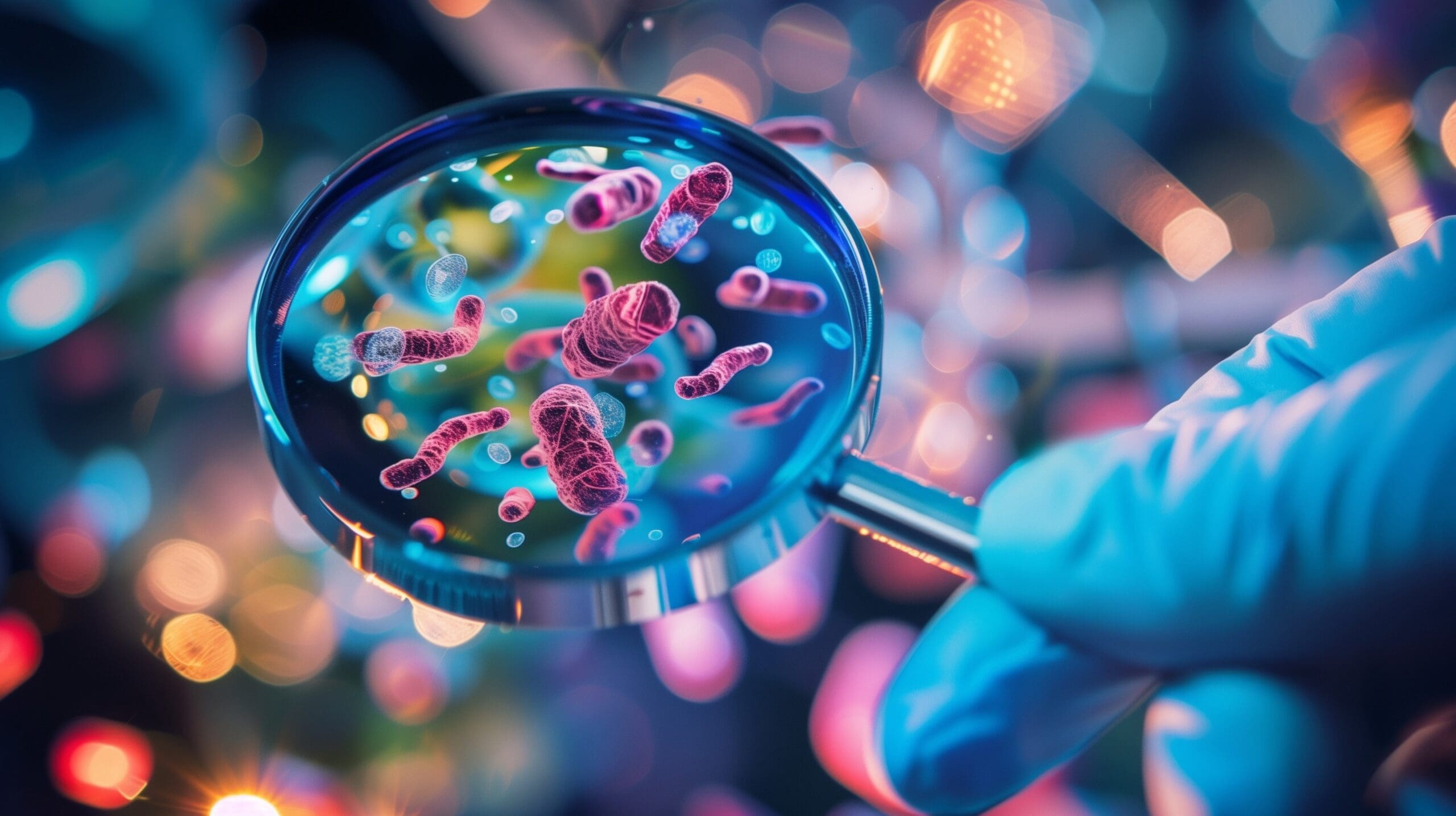
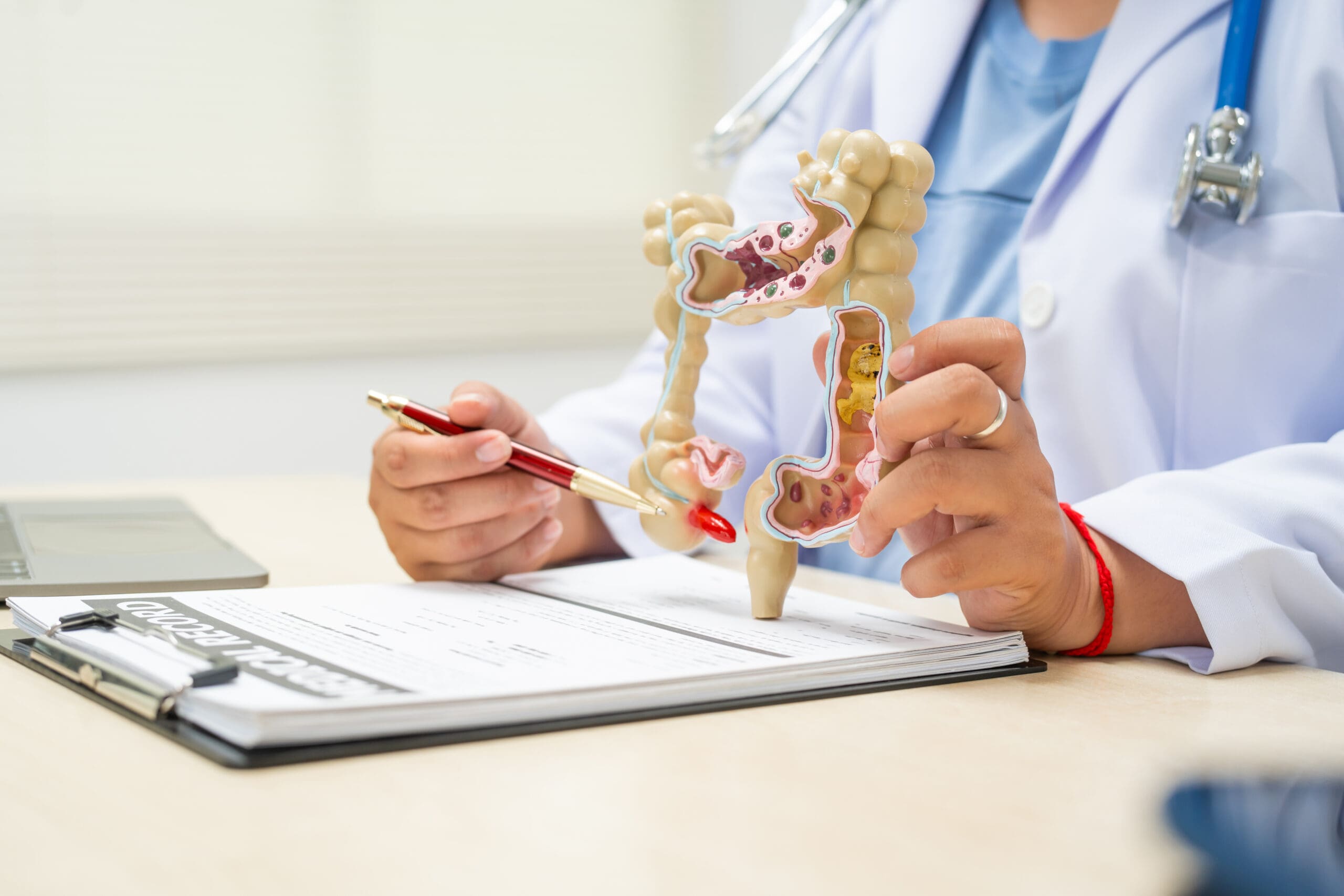
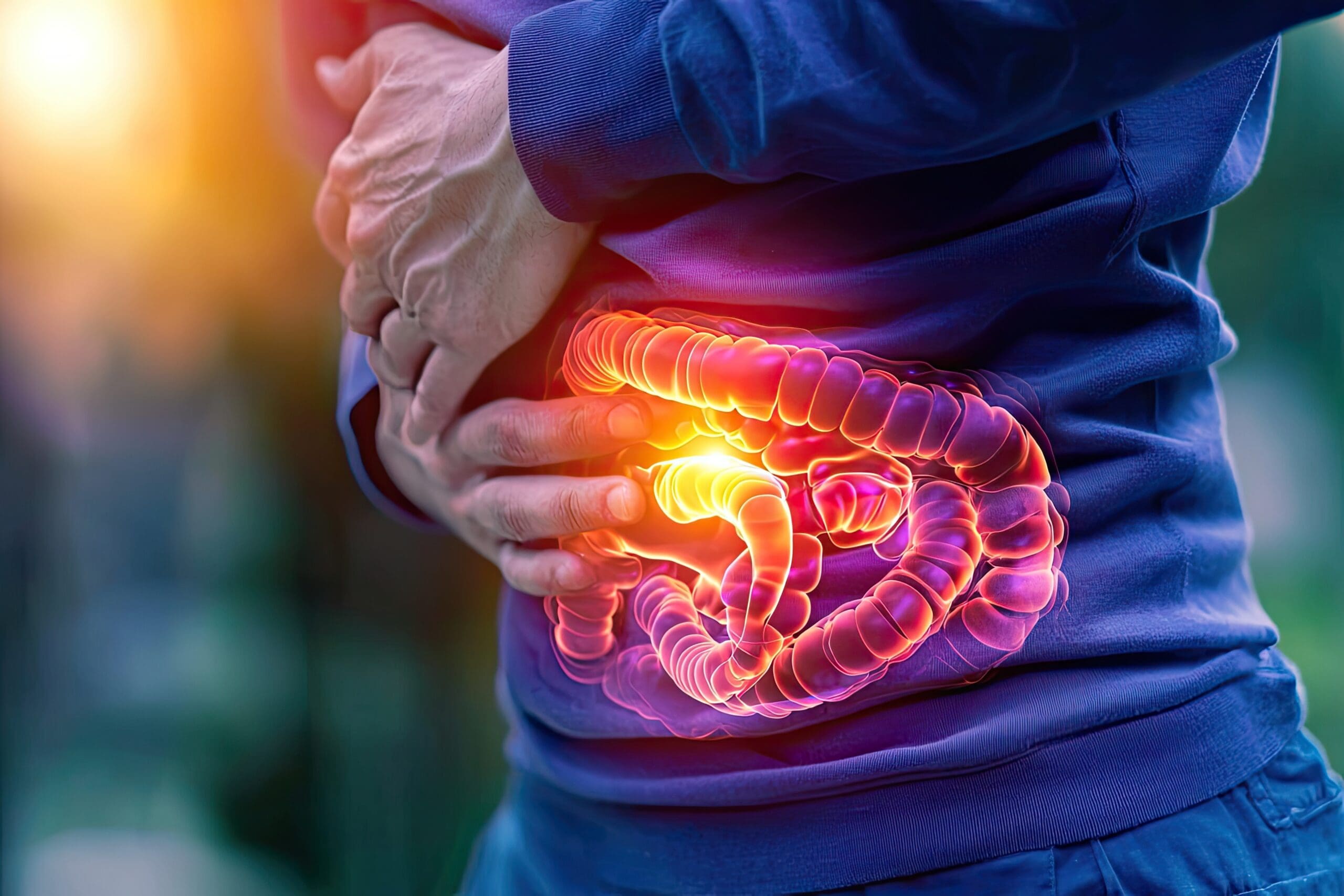
Leave A Comment